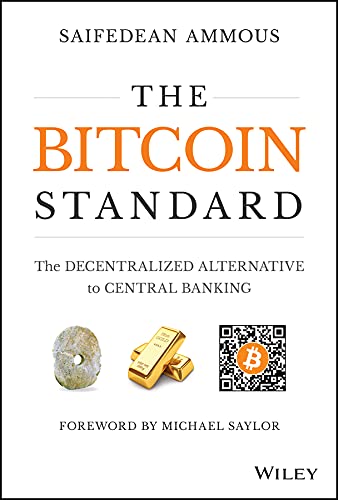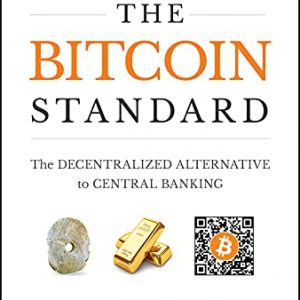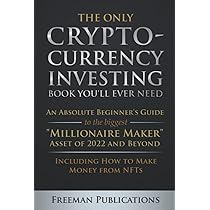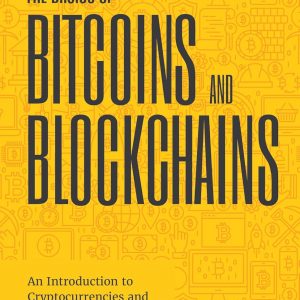The Bitcoin Standard: The Decentralized Alternative to Central Banking
$18.00
The Bitcoin Standard: A New Era of Money
In 2008, a pseudonymous programmer introduced a revolutionary concept: an “electronic cash system that’s fully peer-to-peer, with no trusted third party.” At first, very few took notice. However, a decade later, Bitcoin has defied expectations and evolved into a decentralized, unstoppable, and globally-accessible alternative to traditional central banking systems. The Bitcoin Standard by Saifedean Ammous explores the historical, economic, political, and social implications of Bitcoin, showing why it’s a game-changing technology.
Ammous examines how Bitcoin addresses a fundamental problem of human society: transferring value across time and space. He takes the reader on a journey through the history of money—from primitive bartering systems like seashells and limestone to metals, coins, the gold standard, and modern government debt. By understanding what made these systems work—and what caused their downfall—we gain insight into the principles of sound money, which Bitcoin embodies.
One of the key takeaways from The Bitcoin Standard is that Bitcoin operates as a decentralized, digital hard money. It’s a form of money that doesn’t rely on any central authority or infrastructure. Rather, Bitcoin uses electricity and processing power to create accurate, immutable records, making it the first successful implementation of digital cash. With a perfectly predictable monetary policy and the ability to settle large payments worldwide in minutes, Bitcoin’s greatest advantage may be its role as a store of value and a global network for final settlements—essentially, a digital form of gold with built-in infrastructure.
Ammous argues that societies with sound monetary regimes are more likely to achieve prosperity, peace, and cultural advancement. In contrast, the collapse of monetary systems often signals the decline of civilizations. By analyzing Bitcoin’s potential, Ammous presents a compelling case for why Bitcoin could redefine our economic and political landscape by shifting sovereignty away from governments and empowering individuals.
The final chapter tackles some of the most common questions about Bitcoin: Is Bitcoin mining wasteful? Is Bitcoin primarily for criminals? Who controls Bitcoin, and can it be altered? And what of the many Bitcoin knock-offs and blockchain applications? Ammous addresses these concerns, providing a clear understanding of Bitcoin as an apolitical, free-market alternative to national central banks.
The Bitcoin Standard is an essential read for anyone looking to understand Bitcoin’s revolutionary potential and its implications for the future of money and society.













Reviews
There are no reviews yet.